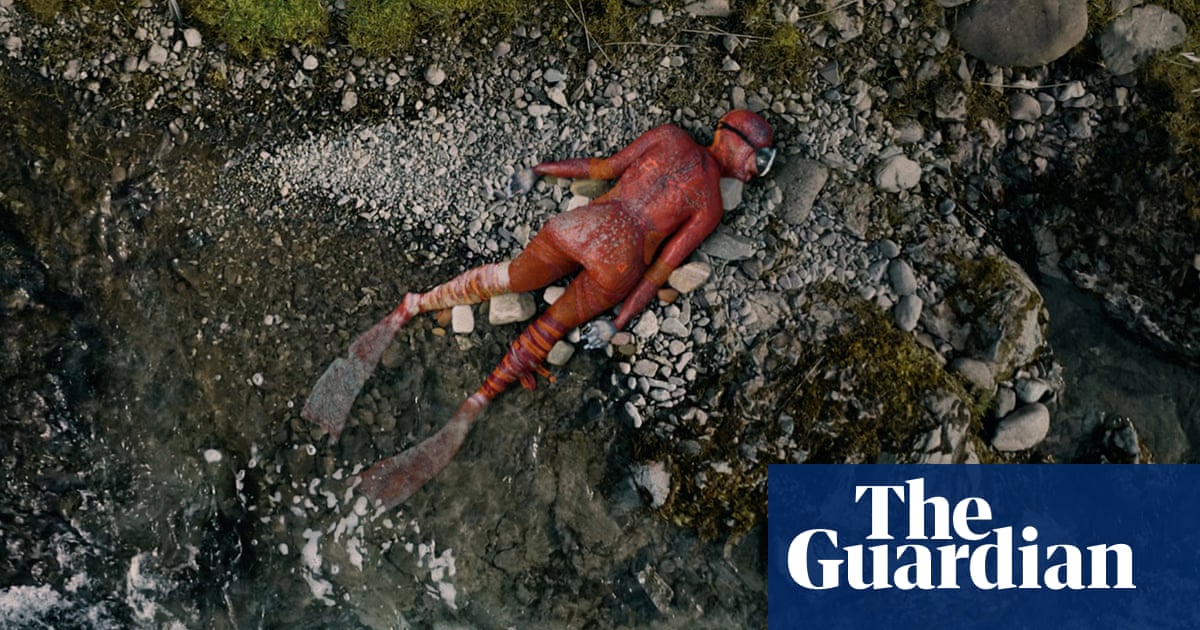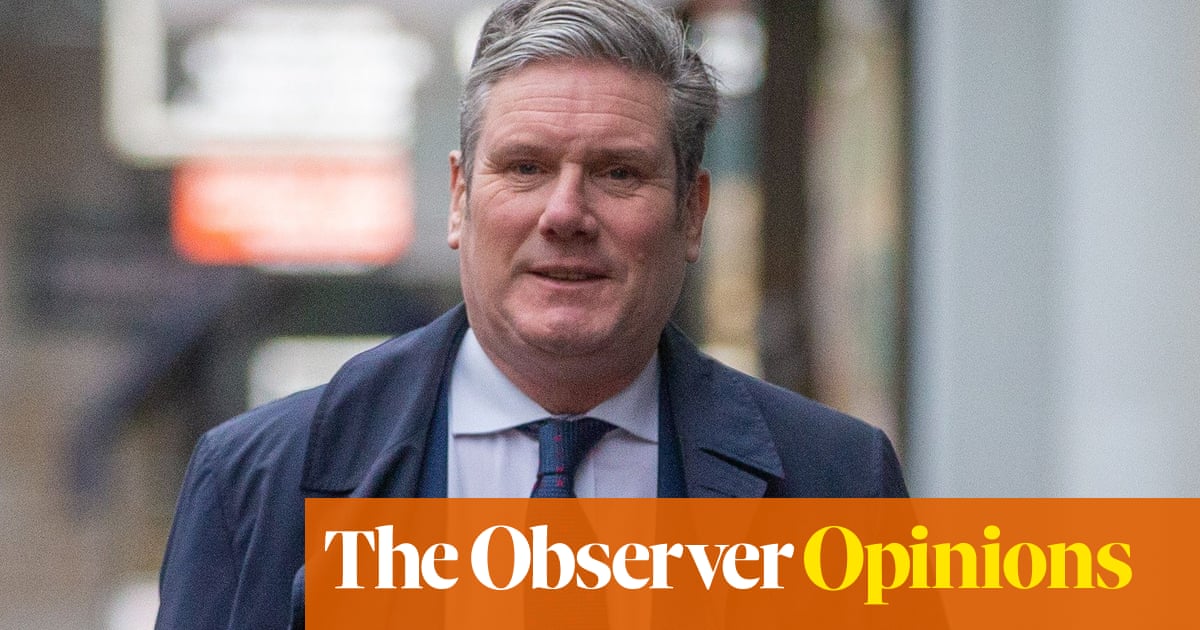
“Well,” I said to my flatmate one night last March, as I poured red wine into my glass, the liquid glugging throatily. “I suppose we will just have to drink through it.”
That was early on in the pandemic, about the time that the word “lockdown” made its way from heist movies and song lyrics into common parlance. I had been sent home from the office where I work (I’ve still not been back) a few days before, and had spent the ensuing period glued to BBC News while pretending to “WFH”. Dumbfounded as I watched Boris Johnson announce the new regulations on TV, I made a weak joke: “At least there is wine.”
There were also short, strong G&Ts, stubby cans of beer bought in bulk, and sloppily made margaritas with crystalline salty rims on Friday nights. There were £6 Co-op reds, and £7 whites from the pub down the road selling off its stock to go with dinner. At first, drinking was a novelty – if the only place I had to go in the mornings was the desk in my bedroom, where was the harm in waking up with a hangover?
Although I’ve never suffered from an addiction to alcohol, I found myself steadily drinking more during the first lockdown. Pouring a drink at 6pm became one of the few ways to punctuate time, a method of marking the transition from day to evening when the only place you’ve been is your bedroom. Lockdown is brain-meltingly boring: the days just sit on top of one another, stale and unmoving, like oil on water. Drinking makes you feel as if something is happening – like time is moving. And it’s better than another puzzle or Zoom quiz.
I began to drink on days when normally I wouldn’t, finishing half a bottle or more in the evenings, when usually I’d just have a glass. An estimated quarter of UK adults, particularly those furloughed or working from home, report drinking more during lockdown; friends told me they were drinking at home alone, or stocking up on booze at the shops and drinking it quickly – just because it was there, the bottle winking down from the shelf in the light.
I know that my increased dependence on alcohol during the pandemic pales in comparison to the challenges faced by those with alcohol addiction. Although in-person Alcoholics Anonymous meetings are still allowed to go ahead during lockdown, with up to 15 people in Covid-secure conditions, mass confinement has unsurprisingly had a huge effect on those who struggled with alcohol previously. As one psychiatrist wrote in the Guardian in November, many of their patients who were already alcohol dependent have relapsed due to boredom and a lack of human contact.
Lockdowns and stay-at-home orders are instrumental in quelling the devastation of the virus, and there is nothing more important than preventing more deaths. Almost a year into the UK’s pandemic, however, the government still can’t say for certain whether people will be able to mix with their loved ones outdoors by Easter. Time is mulching into a nebulous slime, with little but work to distinguish one day from the next (and for many, there’s not even that), and nothing concrete to look forward to in the near future. In these conditions, drinking has become a respite that offers a sense of fun, and a way to relax.
After the first lockdown, I got sick of mornings spent with foggy headaches, and as the days got longer and restrictions eased a little, it became easier to cut down. But by the middle of the second lockdown in November, when it was dark all the time, and the festive period loomed, I was drinking more habitually than ever, reflexively pouring one out as I finished work most evenings.
This continued through the holiday itself, as the government dashed the public’s plans around like pinballs. One minute I’d planned to see my family in Birmingham for the first time in months, and the next, my boyfriend and I were sitting on the sofa in south London, watching Chris Whitty telling us to unpack our bags, nervously laughing and nursing stiff drinks.
On New Year’s Eve, I decided to take up dry January. Without pub invites, evenings with friends or Friday nights out, I assumed it would be easy to reset my relationship with booze. What I’d failed to piece together, however, was that the absence of those distractions had made me drink in the first place. As such, I’ve found the past few weeks pretty difficult; at about 5pm on my first day back at work, which brimmed with emails and video calls, I began to get the familiar itch. I played the routine out in my head: a small glass from the cupboard, three cubes of ice popped out of the tray, a splash, the fizzy release of a bottle, and a squeeze of lime for a touch of occasion, even though there couldn’t be less going on.
I resisted, and have managed to reject the impulse to booze so far. When this is over, I’m hoping I’ll be able to challenge the urge to drink as a way of acknowledging that a day or week has come to an end, and I’d like to reposition drinking as something that represents a good time, rather than a response to stress or boredom. But with no definite end to the lockdown in sight, I think it will be an uphill battle.
Lauren O’Neill is a culture writer for Vice UK
In the UK, Action on Addiction is available on 0300 330 0659. In the US, SAMHSA’s National Helpline is at 800-662-4357. In Australia, the National Alcohol and Other Drug Hotline is at 1800 250 015; families and friends can seek help at Family Drug Support Australia at 1300 368 186












